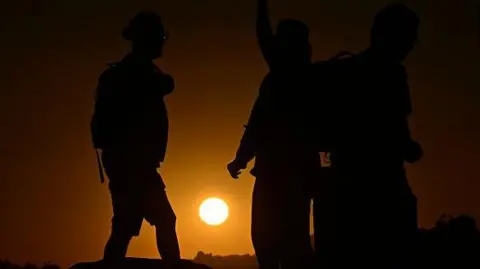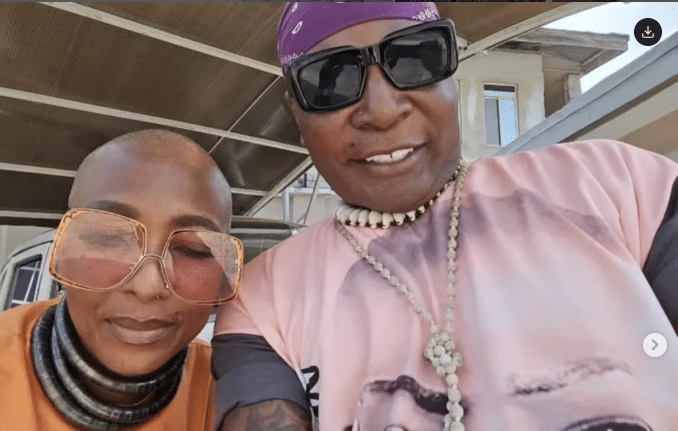6 minutes ago
By Rachel Looker, BBC News, Washington

 Getty Images
Getty Images
A woman hiking in Southern California has become the latest to die on a trail as the US experiences a period of intense summer heat.
San Diego police said the body of Diem Le Nguyen, 50, was found on Monday about a quarter of a mile (400m) off the Black Mountain trial, hours after she had made a distress call to fellow hikers saying she was "extremely hot and needed water".
Her death follows several in Colorado and Arizona this month, and a number of near-fatal incidents across the country, as it struggles under a "heat dome" and some popular trail areas hit highs of 114F (about 46C).
In Colorado, Marsha Cook of Iowa collapsed and died on 10 June while attempting the "moderate to steep" hiking trail to the Colorado National Monument.
In Sedona, Arizona, a 44-year-old Pennsylvania woman collapsed and died of heat exhaustion on 14 June while hiking with her husband and two daughters.
Two days later, a 41-year-old man died on the Bright Angel Trail in the Grand Canyon.
Although officials have not confirmed his death was heat related, the National National Park Service has recommended not hiking below the rim of the Grand Canyon during an excessive heat warning.
The warnings come after another California hiker was discovered 10 days after becoming lost in a landscape altered by recent wildfires.
Lukas McClish, 34, says he survived on wild berries and by drinking water he collected in his boot after getting lost near Santa Cruz.
Experience not a guarantee
Hiking in extreme heat can lead to heat exhaustion, heat stroke, hyperthermia and hyponatremia, according to the US National Park Service. All are potentially fatal.
More than 1,700 people died from heat-related causes in the US in 2022, according to the Centers for Disease Control and Prevention (CDC).
Experts say that even the most experienced hikers can make mistakes, and quickly need rescue amid the blistering heat.
“Hiking in the summer months is dangerous, especially when it’s super hot out,” said San Diego police Lt Dan Meyer on Monday.
“Even if you take all the precautions available to you, there’s still a chance that you may be in a situation that you don’t want to be in.”
Descending into canyons and deserts also has the added risk of "temperature inversion" - a phenomenon where low areas stay significantly hotter than higher areas where hikers set out.
'A common rescue'
Isaac Sanchez, of the California Department of Forestry and Fire Protection (CalFire), told BBC News that the agency frequently responded to heat-related illnesses suffered by hikers in remote locations.
Mr Sanchez, said that heat-related emergencies on hiking trails were "a very, very common rescue" for crews in the San Diego area.
One of the most common and deadly mistakes that hikers make is not carrying enough water, Mr Sanchez said.
Despite its weight, "we want to see folks carrying gallons".
"An ounce of prevention is worth a pound of cure, right? We want to have too much water, rather than not enough, because we don't know what's going to happen later in the day."
In the outdoors, "being overly prepared is a good thing".
CalFire said some hikers should not be embarrassed to call for rescue - not doing so risks them getting more lost, and more ill.
"What it comes down to is just, regardless of how experienced we are and how prepared we are, sometimes we just get ourselves into situations that we can't get out of without assistance," says Mr Sanchez.
With reporting by Max Matza

 6 months ago
20
6 months ago
20















 English (US) ·
English (US) ·